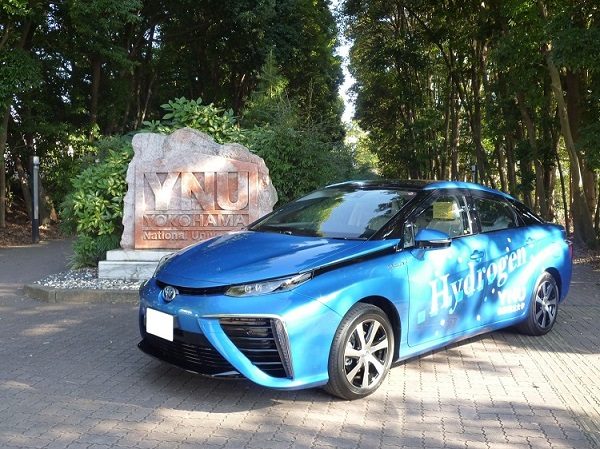Hydrogen is receiving increasing attention as a future energy carrier. It is expected that widespread usage of hydrogen energy will result in energy savings, strengthen energy security, and reduce the environmental impact of energy consumption. One of the primary uses for hydrogen at present is in fuel cell vehicles (FCV’s). FCVs were introduced into the Japanese market in 2014, and the Government of Japan is planning to have approximately 40,000 FCV’s in Japan by 2020 (METI, 2016).The two main safety issues in HRS are: (i) the operating pressure of standard HRS in Japan is substantially high at 82 MPa. (ii) Inherent unsafe characteristics of hydrogen fuel can possible lead to explosion and fire: hydrogen is likely to leak because of its low density, large flammability range, and low minimum ignition energy. Meaning risks are associated with the high-pressure condition in addition to the known hazardous properties of hydrogen. Considering these scenarios, it is inevitably necessary to reduce the risk associated with possible breakdowns in HRSs.
Categories
Hydrogen safety

